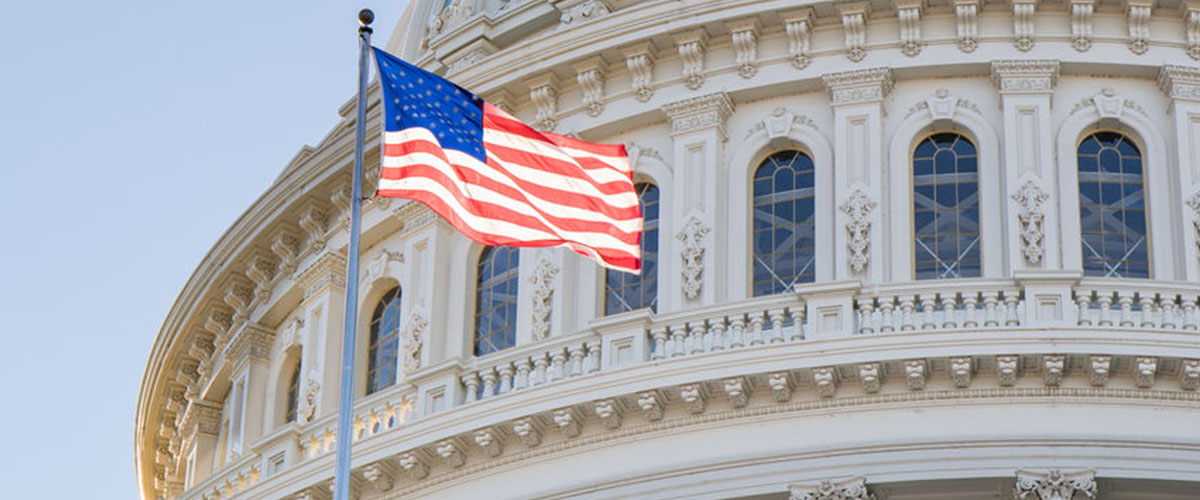
Supreme Court to decide if Sudan will pay punitive damages
The families and victims of those who suffered injuries in the 1998 U.S. embassy bombings in Kenya and Tanzania may soon be getting a settlement from the country of Sudan. The United States Supreme Court heard arguments from lawyers representing the victims of the 1998 bombings, as well as lawyers for Sudan regarding whether or not victims should receive punitive damages. Sudan could face an additional $4.3 billion in punitive damages for its role in the 1998 embassy bombings.
While Sudanese officials want to smooth over tensions with the U.S. and rejoin the international community, the country’s lawyers aren’t backing down in the fight that has made it to the Supreme Court. Lawyers representing Sudan argue that punitive damages should not be available for terror attacks prior to 2008. In order to get off the United States’ list of State Sponsors of Terrorism (SST), the country must resolve the case Opati vs. Sudan.
Will Sudan need to pay punitive damages?
In late February, attorneys argued that victims and their families injured in the 1998 U.S. embassy bombings in Nairobi, Kenya and Dar es Salaam, Tanzania should be entitled to punitive damages. An appeals court reduced the $10.2 billion default judgment in favor of victims of the 1998 bombings. The lower court made the decision on the grounds that when Congress changed the Foreign Sovereign Immunities Act (FSIA) to allow punitive damages in 2008, it did not make the Act retroactive to previous terror attacks.
At this point, it’s unclear whether or not the Supreme Court will require Sudan to pay punitive damages for the 1998 embassy bombings. During the proceedings, justices took issue with Sudan’s claims that some amendments in the FSIA applied retroactively while punitive damages did not.
On the other hand, other justices expressed concern for applying punishments retroactively—without giving people (or governments) the opportunity to conform to laws.
How is Sudan linked to the 1998 U.S. Embassy bombings?
Sudan was designated a State Sponsor of Terrorism in 1993. Victims of the Embassy bombings accuse Sudan of aiding al-Qaeda and Osama bin Laden. Further, bin Laden Without financial or material support, terrorists would not be able to exist. According to attorneys representing victims, Sudan is liable in the 1998 embassy bombings because of its failure in “controlling people within its borders.”
Longtime Sudanese dictator Omar al-Bashir was ousted from power in early 2019. The country is moving toward democracy. It’s civilian government and Sudanese civil society are calling on the U.S. government to remove the country from its State Sponsors of Terrorism (SST) list. However, such a move requires significant steps by the U.S. and Sudan.
Am I eligible to join the ATA Lawsuit Against Sudan?
If you or a family member were injured in the 1998 embassy bombings, contact VLAP to find out who we trust to represent our veteran brothers and sisters.
In 2017, a Federal appeals court ordered Sudan to pay $2.1 billion in damages to the bombing victims. The U.S. Court of Appeals for the D.C. Circuit upheld the ruling of a lower court that Sudan was liable for the bombings. However, the D.C. Circuit court threw out the $4.3 billion in punitive damages from the original $10.2 billion default judgment the country was originally ordered to pay.
VLAP – We’ve got your six.
If you lost a loved one as a result of the Sudanese sanctioned attacks on American lives, contact VLAP. We can help you connect with qualified legal counsel to ensure you receive fair compensation for your losses.



